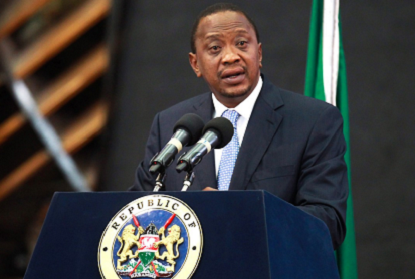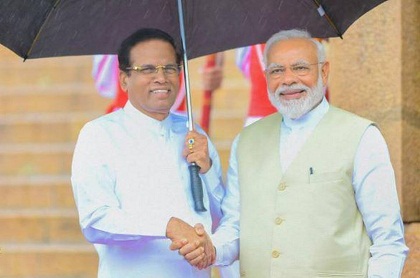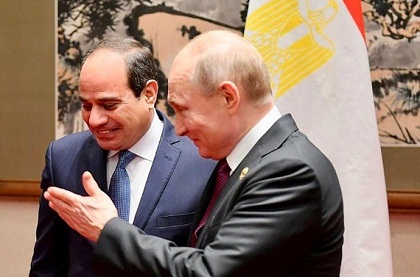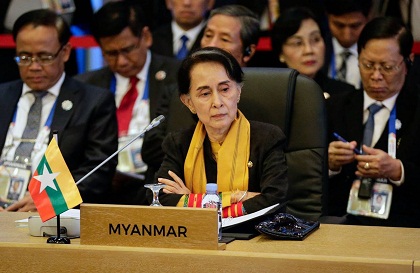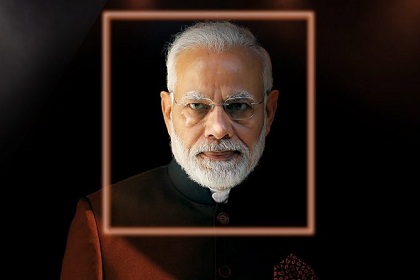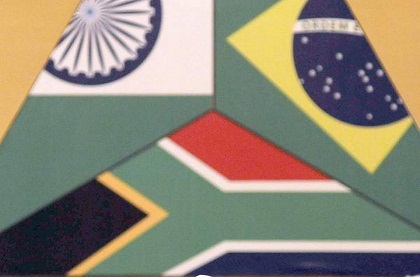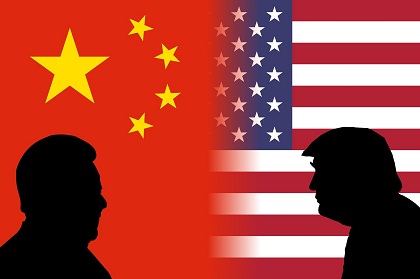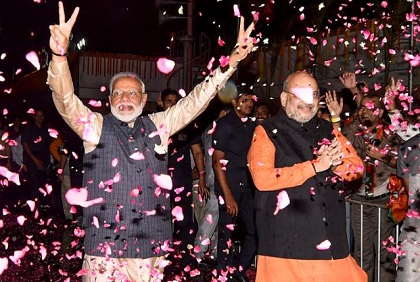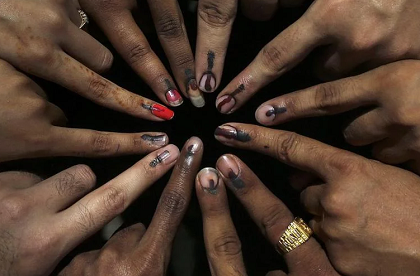Kenyatta, Kenya’s ‘development president’
Kenya, the jewel of East Africa in many respects, has not made optimal progress due to a range of factors. But Uhuru Kenyatta, who is serving his second term as the country’s fourth president, has dedicated himself to a path of unity and more inclusive economic development. An analysis of Kenya’s ‘African destiny’

